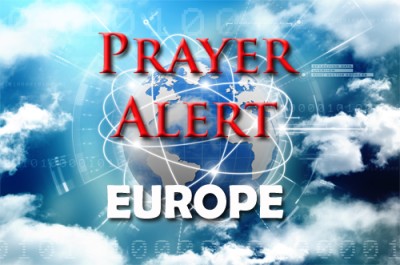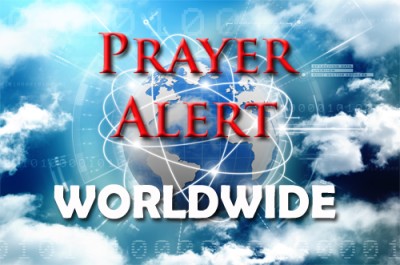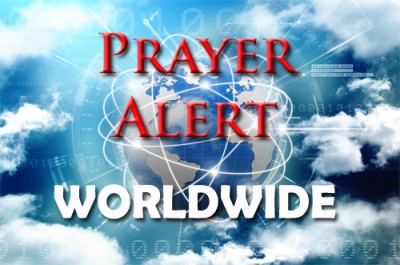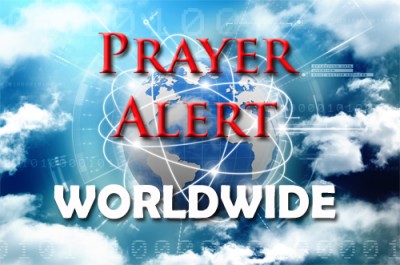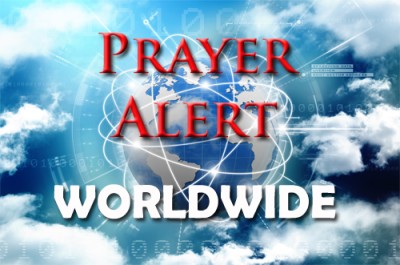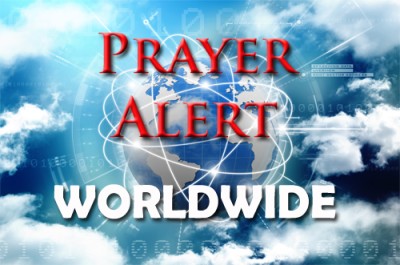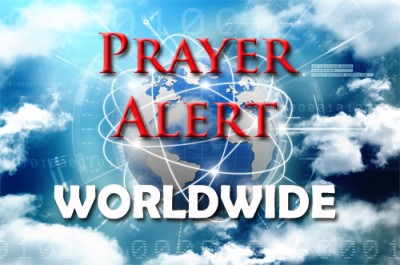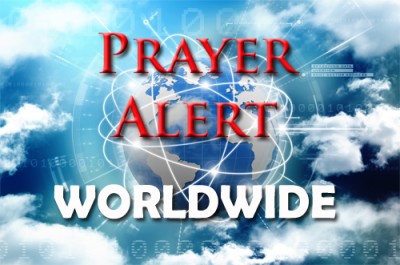Russian opposition leader Alexey Navalny has lost his appeal against a 19-year prison term, which was added to his existing sentence last month. The ruling was upheld by a Moscow court, with the proceedings closed to the media except for the reading of the verdict. Navalny, considered the most prominent figure in Russia's opposition movement, has been seen as a symbol of hope for many, with supporters likening him to Nelson Mandela. His political movement has been banned, and key figures have either been jailed or forced to flee the country as part of a government crackdown on dissent. His latest sentence was imposed on charges related to alleged ‘extremist activity’, which he denies. He was already serving an 11-and-a-half-year sentence on fraud charges, which he also described as politically motivated. Navalny's appeal rejection comes despite international admiration for his return to Russia after being poisoned with a nerve agent in Siberia, an act he attributes to the Kremlin. The Russian government has sought to diminish Navalny's political significance and portrays him as an extremist and a puppet of foreign intelligence agencies.
Iraq: 100+ dead in wedding blaze
28 Sep 2023A fire at a Christian wedding celebration in Iraq's Nineveh province, near \Mosul, has resulted in over 100 deaths and at least 150 injuries. The blaze reportedly started after fireworks were lit during the celebration. Witnesses reported that the bride and groom survived, contrary to initial reports. The fire broke out in a large events hall, with up to 900 people in attendance. The building, made of highly flammable construction materials, quickly collapsed. Preliminary findings suggest that the hall's exterior was decorated with illegal, highly flammable cladding. Ambulances and medical crews were dispatched to the site, and efforts are being made to provide relief to those affected. The number of Christians in Iraq has significantly decreased in recent years, with the current estimate at 150,000 compared to 1.5 million in 2003.
Prime minister Justin Trudeau has apologised for giving a standing ovation to a war veteran who served in the Nazi Waffen-SS during Ukrainian President Volodymyr Zelensky's visit to Canada. Yaroslav Hunka, a 98-year-old Ukrainian veteran, was applauded by the House of Commons, who were unaware of his Nazi past. House speaker Anthony Rota later apologised for introducing him for applause, calling it a mistake. Trudeau condemned Rota's actions and described the incident as deeply embarrassing for the parliament of Canada and all Canadians. Jewish and Holocaust education organisations raised concerns about the celebration of a Nazi veteran. Rota, who accepted full responsibility for his actions, extended his apologies to Jewish communities in Canada and around the world. The incident occurred after Volodymyr Zelenskiy delivered a speech seeking support from Western allies. Hunka's Nazi unit has been accused of committing crimes against Polish and Jewish civilians during the Holocaust.
Niger: Macron orders military exit
28 Sep 2023French president Emmanuel Macron has announced the withdrawal of French troops from Niger and the repatriation of the French ambassador, following a military coup in the country. He stated that France would end its military cooperation with the de facto authorities in Niger, citing their lack of commitment to fighting terrorism. The decision comes after weeks of tensions with the junta and a deteriorating situation. Macron specified that the soldiers stationed in Niger would return to France in an orderly manner over the coming weeks and months, with the goal of completing the withdrawal by the end of the year. The announcement was met with joy in Niamey, the capital of Niger, as thousands of people rallied in support. Macron's decisions were made in coordination with Nigerien president Mohamed Bazoum, who remains under house arrest, and leaders of the Economic Community of West African States (ECOWAS).
Azerbaijan arrest as exodus tops 50,000
28 Sep 2023Azerbaijan has arrested former Nagorno-Karabakh leader Ruben Vardanyan as he attempted to flee into Armenia amidst a mass exodus of ethnic Armenians. Azerbaijan recently regained control of Karabakh in a rapid offensive, causing widespread displacement and a humanitarian crisis. The region, internationally recognised as part of Azerbaijan, has a predominantly ethnic Armenian population. Azerbaijan claims it wants peaceful reintegration and guarantees of civic rights, but faces accusations of ethnic cleansing as thousands of Armenians have fled in fear. The EU and Germany have expressed concern and called for international observers, and the UN has called for an investigation into alleged violations of the right to life. Vardanyan's arrest comes as Azerbaijan seeks to prosecute separatist leaders. The situation highlights Russia's diminished role as a security guarantor in the Caucasus region, with competing influences from Turkey, Iran, and the United States. As a result of the crisis, the current leader has said that the enclave will officially cease to exist with effect from 1 January 2024: see
Gaza-Israel tensions spiral
28 Sep 2023After twelve days of closure, the border crossing from the Gaza Strip into Israel was reopened at dawn on 28 September, causing thousands of Gazans to sleep overnight as they awaited the chance to resume the work for which they are authorised. It was the news which Amjad Hassan, a builder who is the sole breadwinner for 13 relatives had been praying for. ‘We work on a daily wage; if we don't work, we don't feed our families’, he explained. The border closure followed renewed demonstrations as young Palestinians have confronted Israeli soldiers, with the approval or even encouragement of Hamas, which controls the enclave. Protesters have burnt tyres, thrown stones and explosive devices, and released incendiary balloons and kites into southern Israel, There is a perception that Hamas is trying to distract attention from its own economic woes and also to gain leverage in indirect talks with Israel, being led by Egypt, Qatar, and the UN.
Haiti: Kenyan police to confront gangs
28 Sep 2023Kenya has pledged to lead a multinational security force in Haiti, responding to a plea from that country’s prime minister. Haiti has suffered from gang violence for decades, but the violence has escalated since the assassination of the president in 2021. Kenya will send a thousand police, aiming to lead a force which will neutralise the armed gangs, protect civilians, and bring about peace, security and order. A number of other countries are expected to contribute security personnel. The force will have to confront armed gangs who control, or regularly terrorise, swathes of the capital Port-au-Prince, and often outgun the local police. Critics doubt the ability of the Kenyan police to take on these gangs in a very different environment, not least because of a language barrier (Haiti is predominantly French-speaking).
Australia: World Prayer Assembly
28 Sep 2023Churches and prayer and mission ministries across Australia, New Zealand and the Pacific Islands are planning to come together in Perth from 3 to 6 October, in unprecedented unity that has not been seen for decades, with the vision ‘A New Wave of Glory to cover the earth, as the waters cover the sea’ (Habakkuk 2:14). We are invited to attend, to pray, to watch online, and / or to give. For those who are unable to travel there will be livestreams of the plenary sessions. More information, including how to donate to this vision, from the website.
